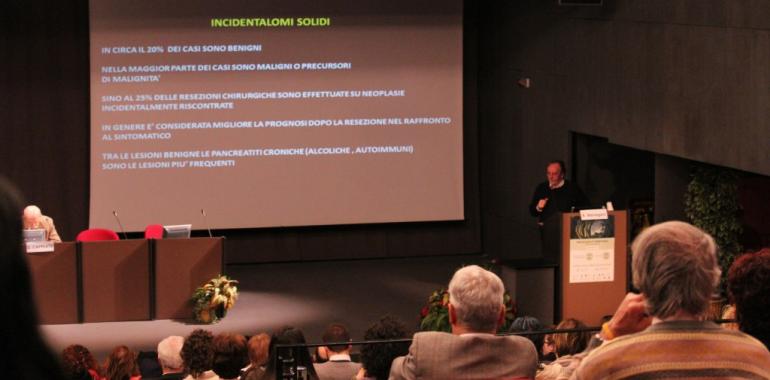
PURPOSE: This study aims to investigate the prevalence of the two known telomere maintenance mechanisms, telomerase activity (TA) and alternative lengthening of telomeres (ALT), and to assess their prognostic relevance in diffuse malignant peritoneal mesothelioma (DMPM).
EXPERIMENTAL DESIGN: In 44 DMPM specimens obtained from 38 patients, TA was determined using the telomeric repeat amplification protocol and ALT was detected by assaying ALT-associated promyelocytic leukemia nuclear bodies. The prognostic significance of telomere maintenance mechanisms was analyzed by Cox regression in the overall series and in a subset of 29 patients who underwent a uniform treatment regimen consisting of cytoreductive surgery and hyperthermic i.p. chemotherapy.
RESULTS: Telomere maintenance mechanisms were detectable in 86.4% of DMPM: ALT or TA alone was found in 18.2% or 63.6% of lesions, respectively, whereas two cases (4.6%) were ALT+/TA+. TA and ALT proved to be inversely associated (P = 0.002). In the overall series, TA was prognostic for 4-year relapse (TA+ versus TA-, hazard ratio, 3.30; 95% confidence interval, 1.23-8.86; P = 0.018) and cancer-related death (TA+ versus TA-, hazard ratio, 3.56; 95% confidence interval, 1.03-12.51; P = 0.045), whereas ALT failed to significantly affect clinical outcome. These results held true also in the subset of patients submitted to uniform treatment with cytoreductive surgery and hyperthermic i.p. chemotherapy.
CONCLUSIONS: Our results indicate that both known telomere maintenance mechanisms, TA and ALT, are present in DMPM and differentially affect patient prognosis.
Clin Cancer Res. 2008 Jul 1;14(13):4134-40.
Multiple mechanisms of telomere maintenance exist and differentially affect clinical outcome in diffuse malignant peritoneal mesothelioma.
Villa R, Daidone MG, Motta R, Venturini L, De Marco C, Vannelli A, Kusamura S, Baratti D, Deraco M, Costa A, Reddel RR, Zaffaroni N.
Department of Experimental Oncology and Surgery, Fondazione Istituto di Ricovero e Cura a Carattere Scientifico, Istituto Nazionale dei Tumori, Milan, Italy.

